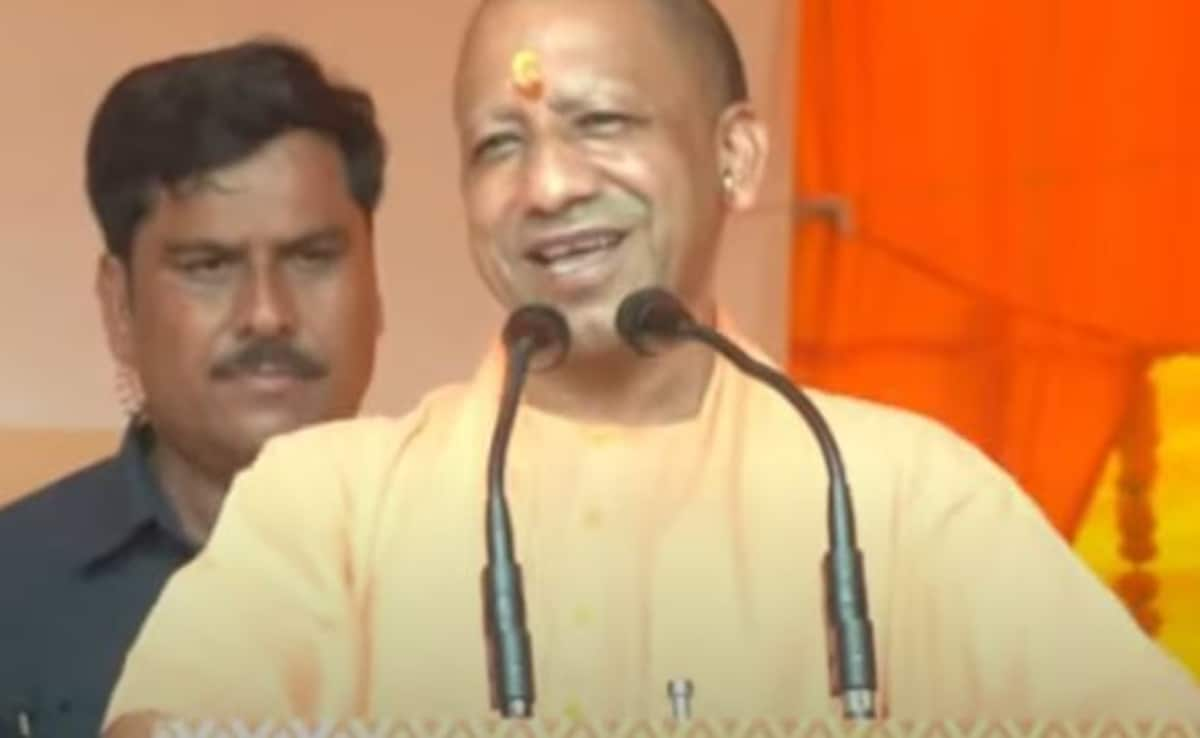
Recently, Uttar Pradesh Chief Minister Yogi Adityanath made headlines with controversial remarks linking the treatment of Hindus in Bangladesh to political dynamics in India. Speaking on the topic of religious persecution, Adityanath suggested that the unrest caused by student protests in Bangladesh led to increased attacks on Bangladeshi Hindus. He warned against letting India become like Bangladesh, implying that the political turmoil and resulting violence are reflective of broader issues that could potentially affect India.
Adityanath’s comments came in the wake of significant student-led protests in Bangladesh, which initially sought to address various socio-political grievances but eventually spiraled into widespread anarchy. During this period, reports surfaced about attacks on minority communities, including Hindus, leading to heightened concerns among observers.
The Chief Minister’s statement asserts that the violence against Hindus in Bangladesh was exacerbated by the political context where Hindus were allegedly not aligned with the opposition parties. This, according to Adityanath, illustrates a pattern where religious minorities face persecution as a result of political instability and sectarian conflict.
However, these claims have been met with skepticism and criticism. Critics argue that Adityanath’s comments may be an attempt to stoke Islamophobia and shift attention away from domestic issues. The assertion that Bangladeshi protesters targeted Hindus due to their political affiliations is seen by many as an oversimplification and an attempt to frame the situation in a manner that serves a particular political narrative.
In reality, the complexities of the violence in Bangladesh are multifaceted, involving historical grievances, political instability, and sectarian tensions. While the persecution of Hindus and other minorities in Bangladesh is a serious issue, attributing this solely to political alignments oversimplifies the situation and risks reinforcing harmful stereotypes.
In this context, Yogi Adityanath’s remarks seem to contribute to a broader agenda of creating divisive narratives rather than fostering constructive dialogue. The focus should be on addressing the root causes of religious and political violence while promoting a more nuanced understanding of the situation in Bangladesh.
In conclusion, while it is crucial to acknowledge and address the suffering of minorities in any country, attributing their plight to political dynamics in a neighboring nation—and using it to fuel Islamophobic sentiments—does little to advance the cause of justice or harmony. The conversation should instead center on genuine solutions and support for all affected communities.
